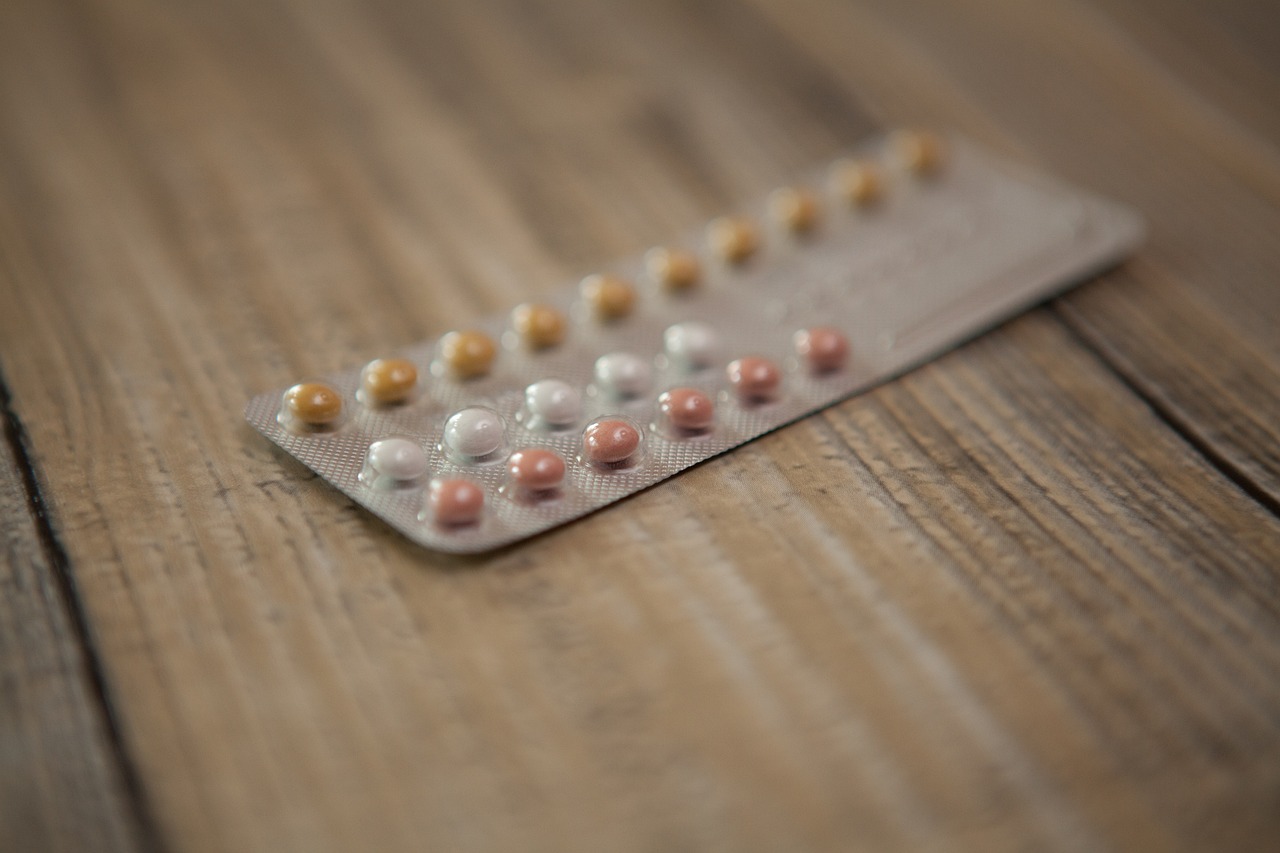Unveiling the Hidden Effects: Surprising Ways Contraceptive Methods Influence Reproductive Health

Unveiling the Hidden Effects: Surprising Ways Contraceptive Methods Influence Reproductive Health
Reproductive health is a crucial aspect of overall well-being for individuals worldwide. As more people recognize the significance of family planning, contraceptive methods have become an integral part of reproductive healthcare. While contraception is aimed at preventing unwanted pregnancies, it is essential to understand that various contraceptive methods can also impact reproductive health in unexpected ways. We will explore some surprising effects of contraceptive methods on reproductive health.
Surprising Effects of Contraceptives Methods on Reproductive Health
Hormonal Contraceptives and Menstrual Cycles
Hormonal contraceptives, such as birth control pills, patches, and hormonal intrauterine devices (IUDs), work by altering hormone levels in the body. One of the common effects of these methods is the regulation of menstrual cycles. Hormonal contraceptives can help reduce menstrual pain, alleviate symptoms of premenstrual syndrome (PMS), and even lighten or shorten periods for some individuals. This effect is attributed to the suppression of ovulation and the stabilization of hormonal fluctuations.
Contraceptive Methods and Bone Density
Recent studies have unveiled an association between certain contraceptive methods and bone density. For instance, long-term use of depot medroxyprogesterone acetate (DMPA), also known as the birth control shot, has been linked to a decrease in bone mineral density. However, the bone loss is reversible once the contraceptive is discontinued. It is crucial to discuss potential effects on bone health with healthcare providers when choosing contraceptive methods, especially for long-term use.
Intrauterine Devices and Pelvic Inflammatory Disease (PID)
Intrauterine devices (IUDs) are highly effective contraceptives. However, there have been concerns about an increased risk of pelvic inflammatory disease (PID) associated with IUD use. Fortunately, recent studies have debunked this myth, showing that the risk of PID is primarily related to the presence of sexually transmitted infections (STIs) at the time of IUD insertion. Proper screening for STIs and following recommended guidelines for IUD insertion can significantly reduce the risk of PID.
Contraception and Sexual Desire
Contrary to popular belief, contraceptive methods do not universally diminish sexual desire or libido. While hormonal contraceptives may affect sex hormone levels, the impact on libido varies among individuals. Some studies suggest that hormonal contraceptives might even have a positive effect on sexual function by reducing concerns about unwanted pregnancies. It is important to note that individual experiences may differ, and open communication with healthcare providers is essential to address any concerns regarding sexual desire and contraception.
Emergency Contraception and Efficacy
Emergency contraception, commonly known as the morning-after pill, is a time-sensitive option for preventing unintended pregnancies after unprotected sex or contraceptive failure. However, its efficacy decreases with time. Recent findings emphasize the importance of timely administration, as the effectiveness of emergency contraception significantly decreases after the first 24 hours. Being aware of the available options and understanding the timeframe for effective use is vital when considering emergency contraception.
Conclusion
Contraceptive methods have revolutionized family planning and reproductive health, providing individuals with choices and control over their reproductive lives. However, beyond their primary purpose of preventing unwanted pregnancies, these methods can have unexpected effects on reproductive health. By staying informed and consulting healthcare providers, you can make informed decisions about contraceptive methods that best suit your needs.
Additional Read:
- Thinking of The Best Birth Control Method? Check These Popular Methods
- Which Birth Control Method is Safer For Hypertensive Women
- 4 Non-Hormonal Birth Control Methods
